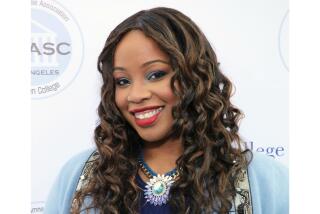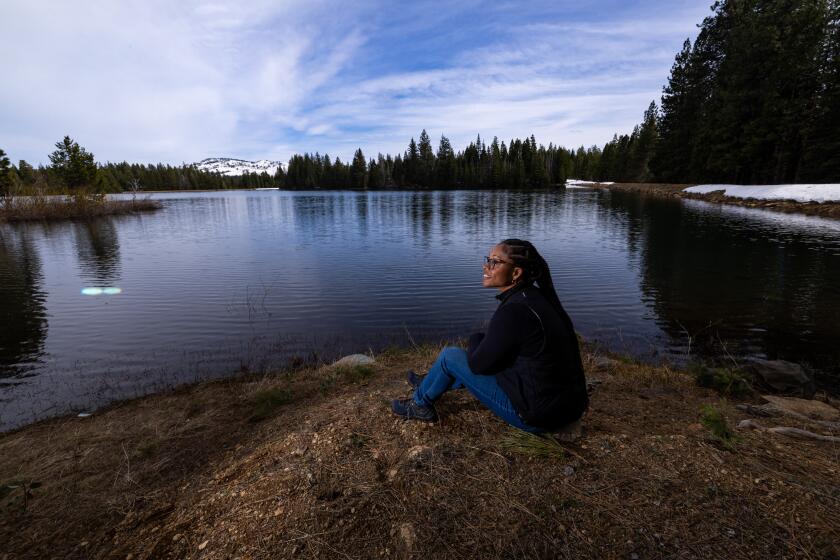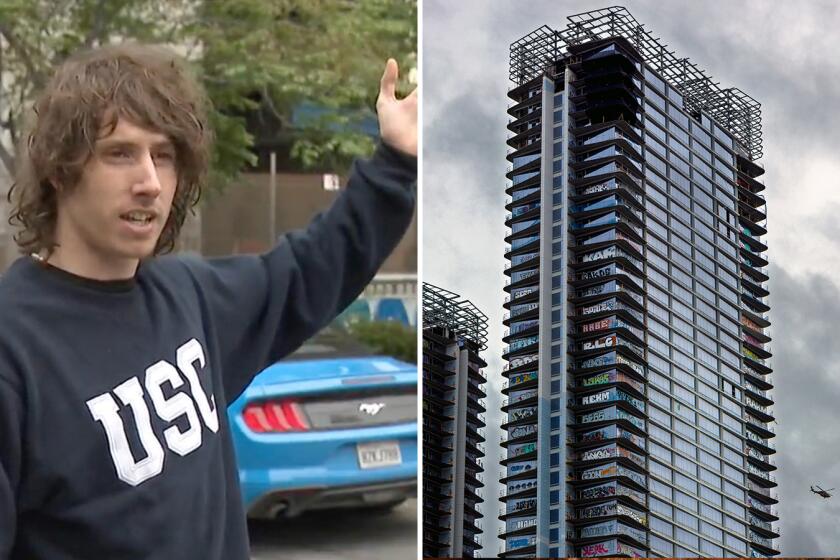Memo Tells of Infighting in Movie Trial
The former prosecutor in the “Twilight Zone” case, who recently attacked the current prosecutor’s credibility while testifying as a defense witness, has held a deep-seated rancor for his successor and has also been bitter because he would no longer be able to write a successful book about the case, a sheriff’s investigator has charged.
The accusations concerning Deputy Dist. Atty. Gary P. Kesselman and the current prosecutor, Deputy Dist. Atty. Lea Purwin D’Agostino, are contained in a private three-page memo by Sheriff’s Sgt. Thomas Budds, The Times has learned.
Budds, the chief investigator on the case, is scheduled to testify as a prosecution rebuttal witness in the involuntary manslaughter trial next week. The memo was furnished in court by D’Agostino to defense lawyers Wednesday so they could prepare for the witness.
Budds’ memo said Kesselman once told Budds that he was “upset” that after he had been taken off the case, “the possibility of writing a book . . . was down the drain.”
Lack of Interest
According to the memo, Budds “indicated that they (he and Kesselman) still could do an interesting book regarding the investigation of the case and Kesselman basically told him that no one would be interested in the investigation--that the only person they are interested in doing a book (with) is the one who does the trial.”
The memo also asserted that Kesselman was extremely uncooperative with D’Agostino once she replaced him in late 1985--to the point of hesitating to cooperate with Budds, with whom he had worked on the case since 1982.
“Let her do her own (expletive deleted) case--it’s all prepared anyway. I’m not going to be the (expletive deleted) co-prosecutor behind the scenes,” Budds claims Kesselman told him.
In the memo, Budds appears to bring into question several areas of Kesselman’s testimony.
Kesselman had told the jury that he had asked to withdraw from the case “at least a dozen times” for personal reasons between 1983 and late 1985.
Heard From Colleague
Budds, however, indicated that Kesselman was actually removed from the case by district attorney’s office officials. According to Budds, Kesselman first learned he was off the case when another deputy district attorney asked him about it as he stepped off an office elevator. Moreover, Budds asserted, Kesselman once told him “how crushed he was at being taken off the case.”
Top officials in the district attorney’s office have never publicly disputed Kesselman’s claim that he withdrew from the case. Neither Kesselman nor authorities have elaborated on the personal reasons cited by Kesselman.
D’Agostino and Budds refused comment on the memo. Kesselman and top district attorney’s office authorities could not be reached for comment. Defense attorney Harland Braun termed the memo “garbage. It’s all just gossip.”
More to Read
Start your day right
Sign up for Essential California for news, features and recommendations from the L.A. Times and beyond in your inbox six days a week.
You may occasionally receive promotional content from the Los Angeles Times.






